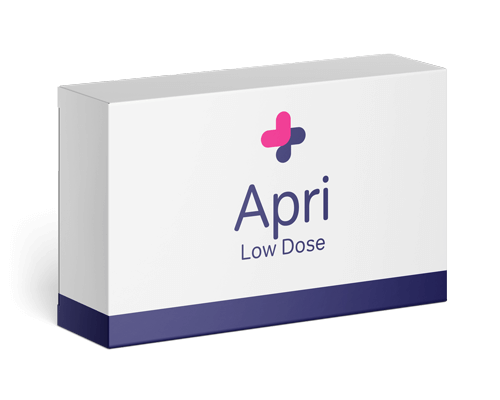Spotting or intermenstrual bleeding is defined as light bleeding during the times when you’re not menstruating. It is completely normal among women who are taking the pill. One study of women taking a combined contraceptive pill found that 24% of them experienced spotting in the first three months, decreasing to 4% thereafter.
Some pills such as those containing only progesterone are more likely to cause spotting compared to those that also contain estrogen. That’s because estrogen helps maintian the lining of the uterus and if there is too little estrogen, the endometrial tissues can shed and cause bleeding.
If you experience spotting, it’s usually nothing to worry about. Most women only experience intermenstrual bleeding during the first three months of taking a new pill. It usually goes away soon after, but if bleeding continues or you experience heavy blood loss between periods, it’s best to contact your healthcare provider.
If spotting continues or becomes bothersome, there are a couple of things you can do:
Women who experience intermenstrual bleeding while taking the pill usually have nothing to worry about. But there are some cases of spotting which may require medical attention.
Find out more about the treatments mentioned in this article below:
Prices from:
Combination patch
Combined biphasic pill
Combined triphasic pill
Combined triphasic pill
Combined triphasic pill
Extended cycle
Low dose
Combined pill with iron supplement
Low dose pill with iron supplement
Low dose
Low dose
Low dose
Low dose
Low dose
Low dose
Low dose
Low dose
Low dose
Low dose
Mini pill
Mini pill
Vaginal ring
Combined pill

Answer some simple questions about your health with our free 2 minute consultation

A U.S. licensed physician will review your answers and issue a prescription if suitable

Our pharmacy will pack your FDA approved medicine in anonymous packaging, and ship it for free



Prescription fees are for our U.S. qualified doctors to evaluate your request and issue a prescription if that is the appropriate outcome for your case. We want to make healthcare pricing transparent and affordable that's why we set the doctor's fee at a flat rate of $20 for all services which is lower than most copays. The $20 medical fee does not include the cost of the medicine. We issue a 100% refund if we cannot help you including the doctor’s fee.
Don’t have an account? Register
Already have an account? Log in

Message Sent We will get back to you as soon as possible

To get fast delivery and the best prices,
choose your location below:

Delivery to Germany only

Delivery to the US only

Delivery to UK only



You’ve successfully logged in.


If you’re not sure what to choose, our qualified GPs can help.
A doctor will review your consultation and message you with a suggestion within 1-2 working days.
Thanks, a doctor will be in touch soon
Look out for the doctor’s response in your email inbox or patient account. View messages
Please check your email for password reset instructions. If you’re still having problems contact us .
Your account has been permanently suspended. Our providers have determined that you visit an in-person doctor to receive treatment. We sincerely apologize for the inconvenience.



